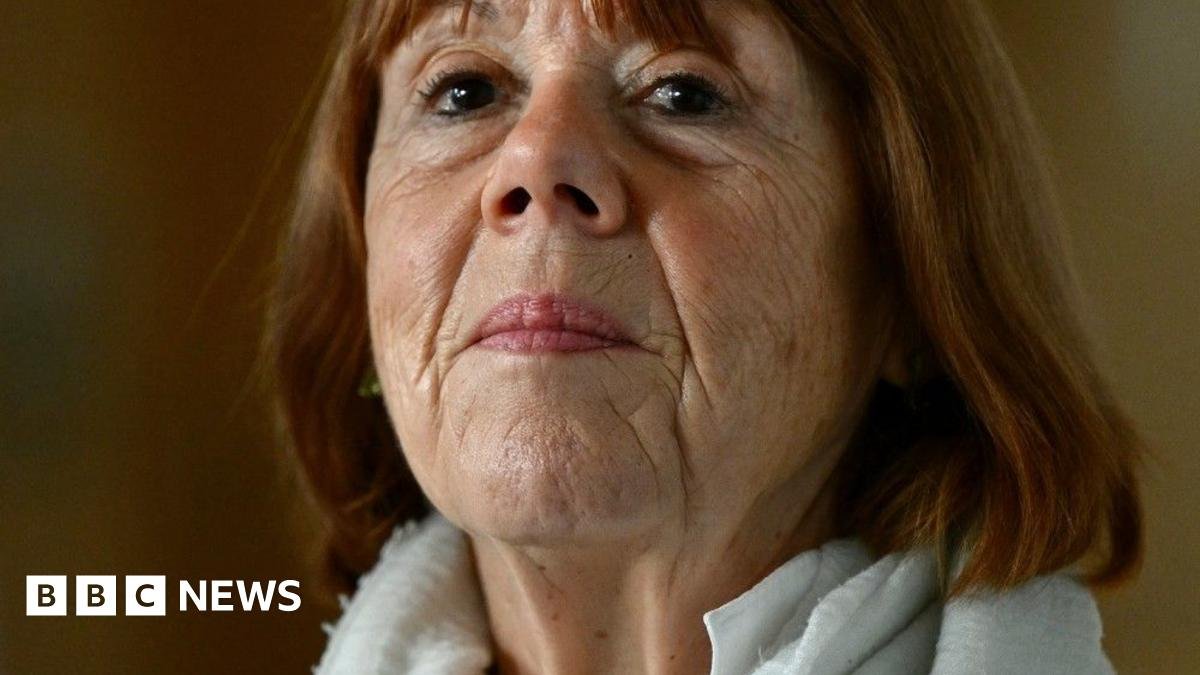David, the eldest child, said they no longer had any family photos because they “got rid of everything linked to my father there and then”. Within days, Gisèle’s life was reduced to a suitcase and her dog.
Meanwhile, Dominique admitted to his crimes and was formally arrested. He thanked police for “relieving him of a burden”.
He and Gisèle wouldn’t meet again until they sat facing one another in the Avignon courtroom in September 2024.
By then, the story of the husband who drugged his wife for a decade and invited strangers to rape her had started to ripple across the world, aided by Gisèle’s unusual and remarkable decision to waive her anonymity and open the trial to the public and the media.
“I want any woman who wakes up one morning with no memories of the night before to remember what I said,” she stated. “So that no more women can fall prey to chemical submission. I was sacrificed on the altar of vice, and we need to talk about it.”
Her legal team also successfully pushed for the videos taken to be shown in court, arguing they would “undo the thesis of accidental rape” – pushing back against the line of defence that the men had not meant to rape Gisèle as they didn’t realise she was unconscious.
“She wanted shame to change sides and it has,” a woman who came to watch the trial in Avignon said in November. “Gisèle turned everything on its head. We weren’t expecting a woman like this.”
Medical examiner Anne Martinat Sainte-Beuve said that in the wake of her husband’s arrest, Gisèle was clearly traumatised but calm and distant – a coping mechanism often employed by survivors of terrorist attacks.
Gisèle herself has said that she is “a field of ruins” and that she fears the rest of her life may not be enough to rebuild herself.
Ms Sainte-Beuve said she had found Gisèle “exceptionally resilient”: “She turned what could have destroyed her into strength.”
Days before the trial started, the Pelicots’ divorce was finalised.
Gisèle has gone back to her maiden name. She went by the name Pelicot for the trial so that her grandchildren could be “proud” of being related to her and not ashamed of being associated to Dominique.
She has since moved to a village far from Mazan. She sees a psychiatrist but doesn’t take any medication, because she no longer wants to ingest any substance. She continues to go on long walks, but is no longer tired.
In the early days of the trial, Caroline’s husband Pierre took the stand.
A defence lawyer asked him about the Mazan years, when Gisèle was suffering from memory loss and her husband was dutifully accompanying her to unfruitful medical appointments. How could the family not have realised what was happening?
Pierre shook his head.
“You are forgetting one thing,” he said. “You cannot imagine the unimaginable.”
Source link
